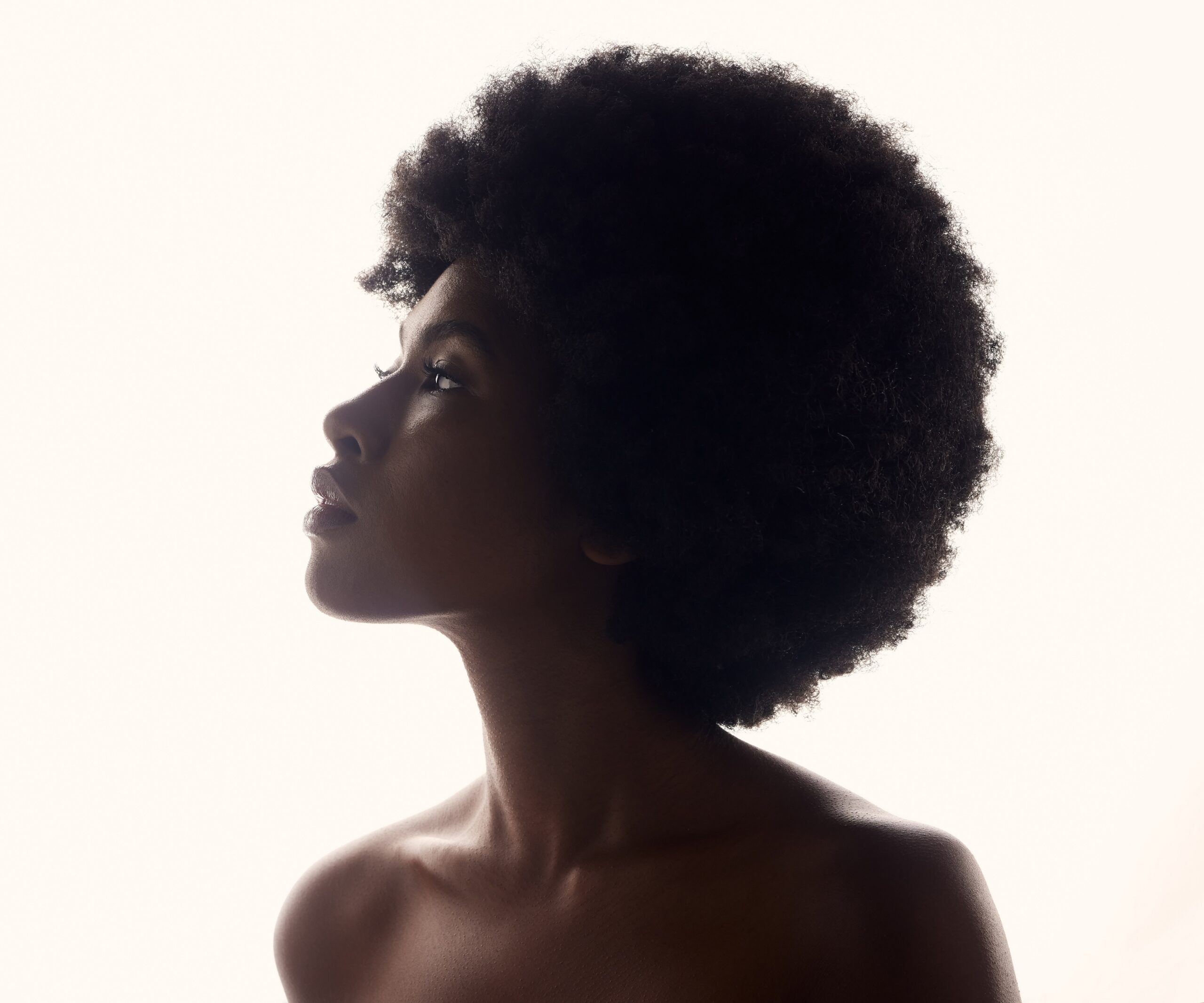The Lawrence City Commission takes a final vote on the CROWN Act. If accepted, Lawrence will be the first city in Kansas to protect its Black residents from hair discrimination.
“We know that the traditional white standard of beauty is one that is centered in professional settings, and that is something that Black women and men have had to conform to, and that takes them out of their identity of who they are,” Lawrence City Commissioner Amber Sellers told KCUR’s Up To Date.
Commissioner Sellers was among the ones who recently voted in a local ordinance that banned hair discrimination.
“Lawrence is a unique place in Kansas, and we believe in taking care of our community and ensuring that everyone belongs,” Sellers said.
Lawrence Passed Local Ordinance
According to The Lawrence Times, Lawrence City Commissioner recently adopted a local ordinance that stops racial discrimination based on hair. The ordinance makes Lawrence City the first to do so.
“This is huge for our community,” Commissioner Sellers said. “This is huge for our state. This is huge for individuals who live here who are trying to thrive and survive here — that they can balance and feel that they can take their nurtured self and bring it out into the community, unapologetically.”
In a 5-0 vote, the Lawrence City Commission adopted the CROWN Act . The ordinance prohibits discrimination against natural hair and hairstyles that have been flagged as “unprofessional.” The city code’s language on discrimination was changed to include hair texture and styles to the definition of “race.” The amended language also defined what protective hairstyles were.
The commission will cast a final vote to pass the ordinance.
About the Crown Act
On March 18, 2022, the U.S. House of Representatives passed the CROWN Act. Rep. Bonnie Watson Coleman (D-N.J.) introduced the legislation.
The CROWN Act stands for “Creating a Respectful and Open World for Natural Hair.” The law prohibits race-based hair discrimination, which is the denial of employment and educational opportunities because of hair texture or protective hairstyles. Currently, 23 states in the U.S. have passed the act into law.
